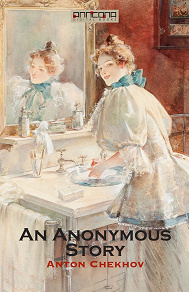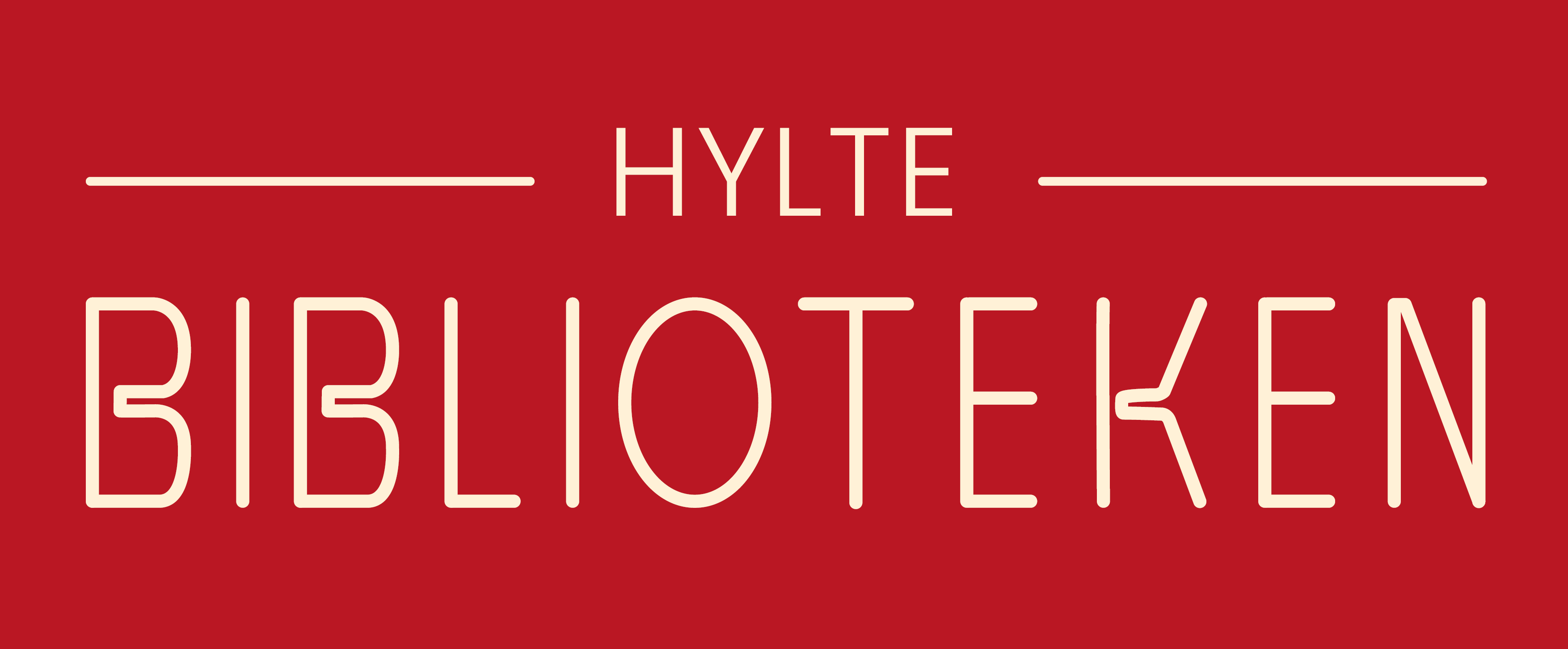
Förlag: Anncona Media
Kategori:
Romaner Engelskspråkiga
Tillgänglig sedan: december 2015
An Anonymous Story
An Anonymous Story by Anton Chekhov was first published in 1893. This English translation was published in 1917 in the collection The Lady with the Dog and Other Stories.
In An Anonymous Story, Chekhov continues to explore his favorite themes of superfluous men, ironic rakes, exploited women, and the dangers of social conventions to human happiness.
The Anonymous Narrator is a would-be revolutionary who gets himself hired on in the household of the young useless aristocrat Orlov, hoping to spy out some useful information for the Cause.
Orlov seduces the beautiful Zinaida Fyodorovna away from her husband but quickly tires of her. The Narrator, another in the long line of Russian literary superfluous men, allows Orlov to use him to deceive Zinaida Fyodorovna, hating himself for it all the while. . . .
Chekhov's subtle sympathy for the women victimized by conventional marriage is demonstrated in his narration of Zinaida Fyodorovna's tragic unraveling, ending in a masterful final chapter of heartbreaking ambiguity.
Anton Pavlovich Chekhov (1860-1904) was a Russian physician, dramatist and author who is considered to be among the greatest writers of short stories in history. His career as a dramatist produced four classics and his best short stories are held in high esteem by writers and critics.
Chekhov had at first written stories only for financial gain, but as his artistic ambition grew, he made formal innovations which have influenced the evolution of the modern short story. His originality consists in an early use of the stream-of-consciousness technique, later adopted by James Joyce and other modernists, combined with a disavowal of the moral finality of traditional story structure. He made no apologies for the difficulties this posed to readers, insisting that the role of an artist was to ask questions, not to answer them.Information
Stöds av följande plattformar
PC/Mac
Surfplatta Läsplatta
Smartphone
